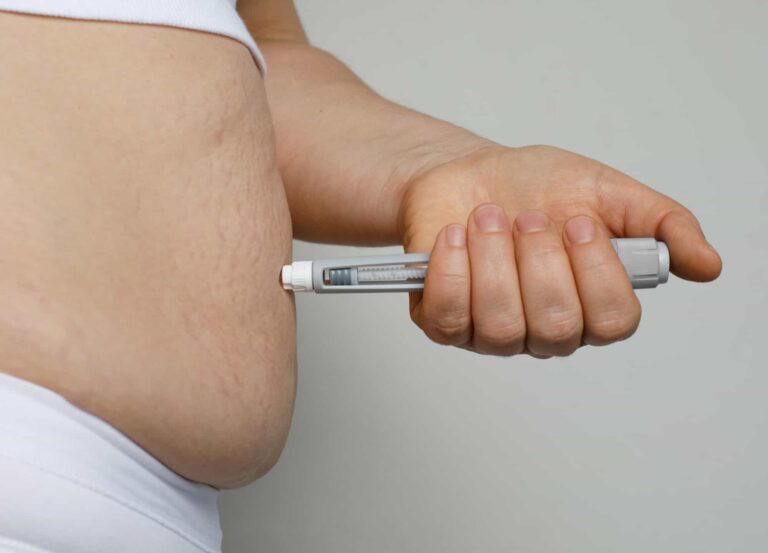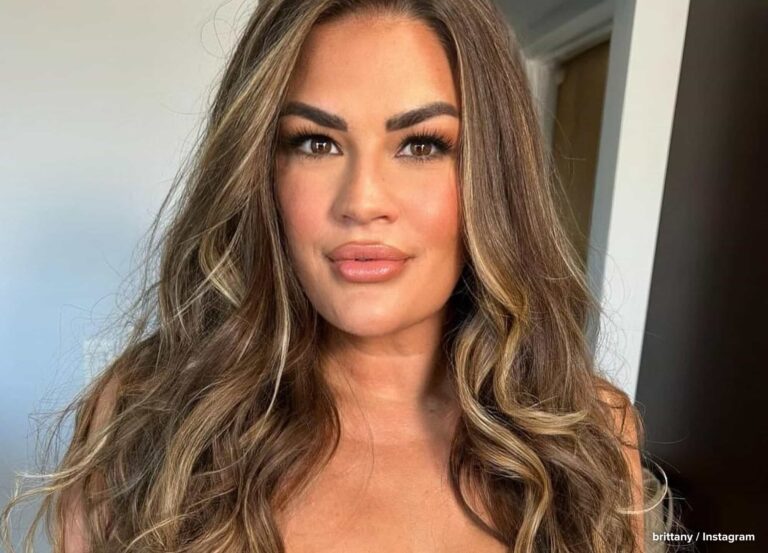“THIS IS HUGE NEWS,” wrote actress and activist Jameela Jamil on Instagram last Wednesday. “After a bunch of shouting, screaming, and petitioning … we have managed to get the attention of the people at the top, and they have heard us and want to protect us.” Jamil was, of course, responding to Instagram’s announcement earlier that day that it will censor—and in some cases remove—any content that promotes weight-loss products or cosmetic procedures to users under the age of 18.
Under the new policy, any post that promotes weight-loss products or cosmetic surgery with a price tag or other buying incentive will be hidden from underage users. Content that is linked to a commercial offer for weight-loss and diet products, including discount codes, or that makes a “miraculous” claim about results will be removed from Instagram entirely.
The news comes as Instagram continues to struggle with the power of influencer sponsorships and advertising and social media’s strong link to mental health. Many feel this change has been a long time coming and that it will help promote body positivity among teens while protecting them from potentially harmful information. But when considering how important these social platforms have become for the growing plastic surgery arena and the actors in it, others wonder what the real-world implications will be on the industry.
“The new ban is certainly a step in the right direction,” says Dr. Eva Krumhuber, a lecturer in experimental psychology at the University College of London. Alongside three other academics, Dr. Krumhuber conducted a study earlier this year that examined the effects of social media use on young women’s desire for cosmetic surgery. The results showed that that “viewing images of females who have undergone cosmetic enhancements affected young women’s desire for cosmetic surgery, especially if they spent a significant amount of time on social media, followed many accounts and were less satisfied with their appearance.” Despite this correlation, however, Dr. Krumhuber and others know that a social media ban is not the solution. “From existing research, we know that besides social media use there are a number of sociocultural factors [that] predict young people’s desire to undergo cosmetic surgery,” she says.
Related: RealSelf’s Guide to Traveling Out-of-State for Plastic Surgery
Most plastic surgeons we spoke to said they generally wouldn’t perform any cosmetic surgeries on patients under the age of 18, but that doesn’t mean that there aren’t other plastic surgery procedures that are appropriate for teenagers. “The only procedures we do on children are otoplasty, to pin back prominent ears, and sewing up facial lacerations if a kid falls or gets hit in the face,” says New York City plastic surgeon Dr. David Shafer. These surgeries are not typically those posted to social media, he explains, “but when they are posted, it is usually not for attracting new patients but for spreading awareness.”
However, there are some rare cases in which cosmetic surgery is offered to underage patients. “There may be situations where there is an issue that has dramatically affected a teenager’s self-esteem and cosmetic surgery can have significant improvement in their life,” says Dr. Matthew Schulman, a New York City plastic surgeon, noting that this can occur when teens are bullied because of a physical characteristic. “But the decision to operate on someone under 18 years old is a decision that is made case-by-case and dependent on discussions between the doctor, patient and parents.”
The medical community seems to agree that Instagram’s action is designed to target influencers, but they worry that along the way it may impact board-certified plastic surgeons who use the platform responsibly. “Social media is important for educating patients and spreading awareness about new products and procedures,” says Dr. Shafer. “However, it’s a double-edged sword. There are many people on social media who are not qualified and not even doctors, in many cases, who are advertising treatments and procedures that have real risks, and there is no quality control or accountability for people who post fake results or unrealistic outcomes.” Dr. Shafer hopes the ban will mostly impact influencer types and non plastic surgeons who build their practices on false hype and false expectations, but he does think that additional regulations should be put into effect to protect authentic and helpful use of the platform. “Posting plastic surgery stories and pictures should not be banned, as there are legitimate patient-education and awareness benefits to social media posts,” he says. “So perhaps requiring posting credentials, years in practice or other elements would be appropriate.”
Although it remains too early to tell what Instagram’s new policy will actually look like in action, many are afraid that it might lead to further encroaching rules. “I think that this is a slippery slope,” says Dr. Schulman. “I think it is well-intended and is designed to stop posts that sensationalize cosmetic treatments that target teens—however, my concern is that it will also target posts that are educational in nature.” Dr. Schulman also foresees that the ban will dramatically reduce the number of before-and-after posts on Instagram and will cause many plastic surgeons’ accounts to focus more on lifestyle posts as opposed to surgical posts.
Most successful plastic surgery practices would continue to thrive even without social media, but the outlet has played a crucial role in shaping the industry in recent years. “There is some element to attracting new patients from social media and other sources,” says Dr. Shafer. But beyond that, social media has helped mold the general public’s understanding and perception of plastics. “Plastic surgery, as an industry, has a long history of being stigmatized and hushed to the point that it has been driven to back alleys and black markets—sometimes with fatal consequences,” wrote Dr. Lara Devgan, a New York City board-certified plastic surgeon, on an Instagram post over the weekend. “Adding censorship and opacity—rather than correct and transparent information exchange—will likely send more people into harmful situations.”
Dr. Devgan also worries that Instagram’s ban would hinder the spread of information and, therefore, the development of new practices. “The marketplace of ideas thrives when information is shared,” she wrote. “We can see examples of the good, the bad and the average. We can understand personal journeys. We can see recovery processes. We can rapidly share information about new techniques and new products. For both plastic surgeons and people interested in plastic surgery, ease of information sharing improves outcomes and safety.”
Instagram’s new policy may or may not help thwart irresponsible behavior and the inappropriate targeting of underage users, but doctors think the action will not really reverse consumer trends. “This decision won’t change consumer appetite for medical aesthetics,” wrote Dr. Devgan. “What it will change is the ease of accessibility to safe and reliable information upon which to make good decisions.”











